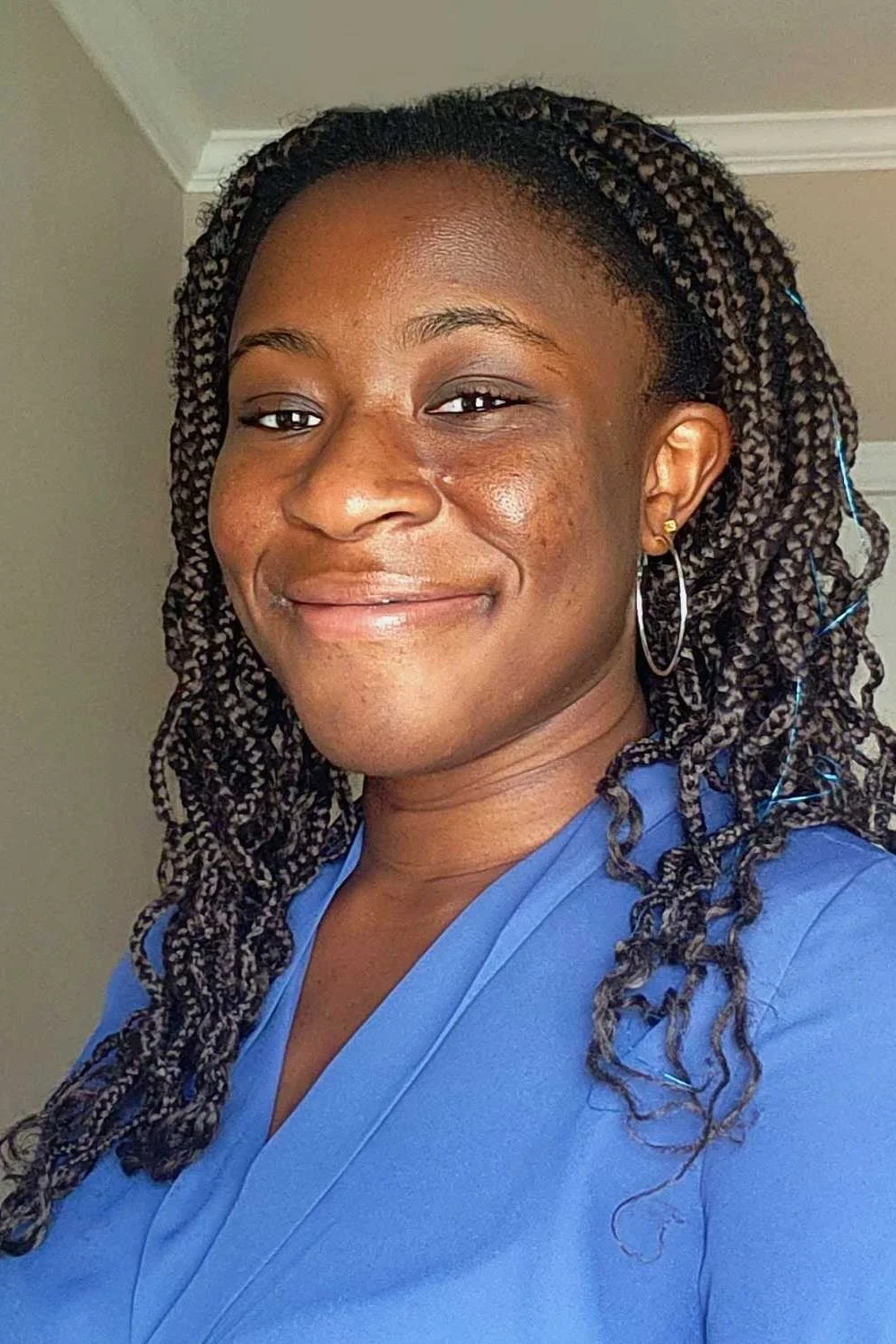Learn more about hiring opportunities here.
The Yemini Lab
Professor Eviatar Yemini
Assistant Professor, Department of Neurobiology
Dr. Yemini’s CV, Google Scholar Profile, and Current Biology Q&A.
Professional Bio:
Professor Yemini’s background is in computer science (low-level systems, drivers, networking stacks, computer vision, AI/ML, and applications), behavioral genetics, cellular neurobiology, neural circuits, and whole-brain activity imaging. He developed his computational expertise by leading research and design teams that created software in the financial industry and in high-tech startups. Dr. Yemini serves on the scientific advisory boards of BetterFit (a pre-seed startup improving the success of in vitro fertilization) and Latitude Health Innovations (a pre-seed startup for personalized healthcare). Dr. Yemini was selected as a 2025 Scialog fellow in Neurobiology and Changing Ecosystems, an initiative to explore neurobiological responses to rapid and extensive human-caused environmental changes. He is a 2023 Hypothesis Fund Grantee, an award that enables scientists to take intelligent risks, defy the predominant expectations in their field, and go after their big ideas. In 2022 he was named a Klingenstein-Simons Fellow in Neuroscience, an award recognizing those engaged in cutting-edge research that may lead to a better understanding of neurological disorders.
As a postdoctoral fellow (Hobert Lab, Columbia University), Dr. Yemini focused on genetics, molecular and cell biology, circuits, and whole-brain imaging to understand nervous system development and communication. He created “NeuroPAL”, the first and only method for whole-nervous-system activity imaging with comprehensive neural identification at single-neuron resolution (Yemini et al, Cell 2021). NeuroPAL entails a transgenic fluorescent colormap that uniquely identifies every neuron in C. elegans. This colormap is identical among all NeuroPAL animals. In the initial work, NeuroPAL was used to: (a) provide a complete neuron type view of how odors and taste are encoded in a nervous system and show that these whole-brain codes are high dimensional and poorly correlated with the connectome, contradicting previous assumptions; (b) build the first complete map of metabotropic neurotransmitter communication within a whole nervous system; (c) visualize cell differentiation to pinpoint the exact site of action for several conserved transcription factors and the genes they regulate; and (d) develop software for semi-automated neural identification. NeuroPAL has been used in a variety of publications by multiple other labs, and continues to see widespread adoption. Dr. Yemini is the sole corresponding author due to his role in leading the design, experiments, and collaborations for this work.
During his Ph.D. as a Gates Cambridge Scholar (Schafer Lab, Cambridge University MRC LMB), Dr. Yemini focused on how genes control behavior. He designed and built Worm Tracker 2.0, a high-throughput hardware, software, and analysis pipeline for worm behavior used to create a database of nervous-system mutant phenotypes (Yemini et al, Nature Methods 2013). The database contains 300+ worm strains, represented by nearly 10,000 worms with 700+ phenotypic features/worm, and characterizes 76 mutants with no previously-known phenotype. Worm Tracker 2.0 has been used by over 25 labs worldwide.
Personal Bio:
Dr. Yemini is focused on research and mentoring the next generation of diverse and amazing scientists, including his ever-curious toddler! But that doesn’t mean he excludes creative pursuits, especially drawing and dancing. Fun facts: he’s had an art piece shown at the London Science Museum, and he was a Jet in a production of West Side Story (in the UK). One of his favorite things is hearing about other scientists’ cool new discoveries, so if you see him on campus or at a conference, please stop by and say hello!













